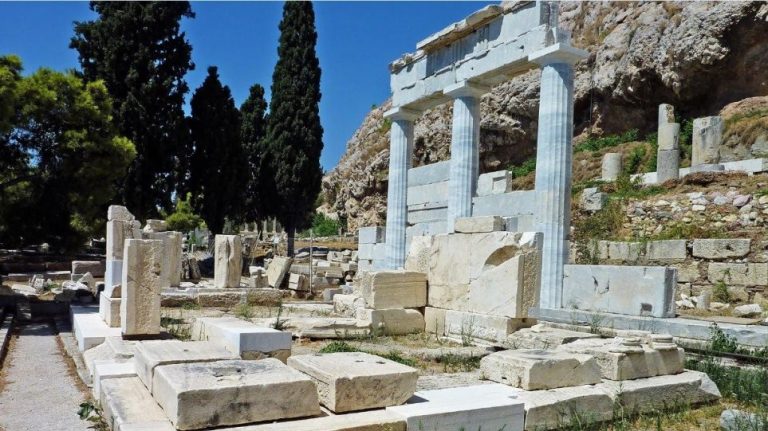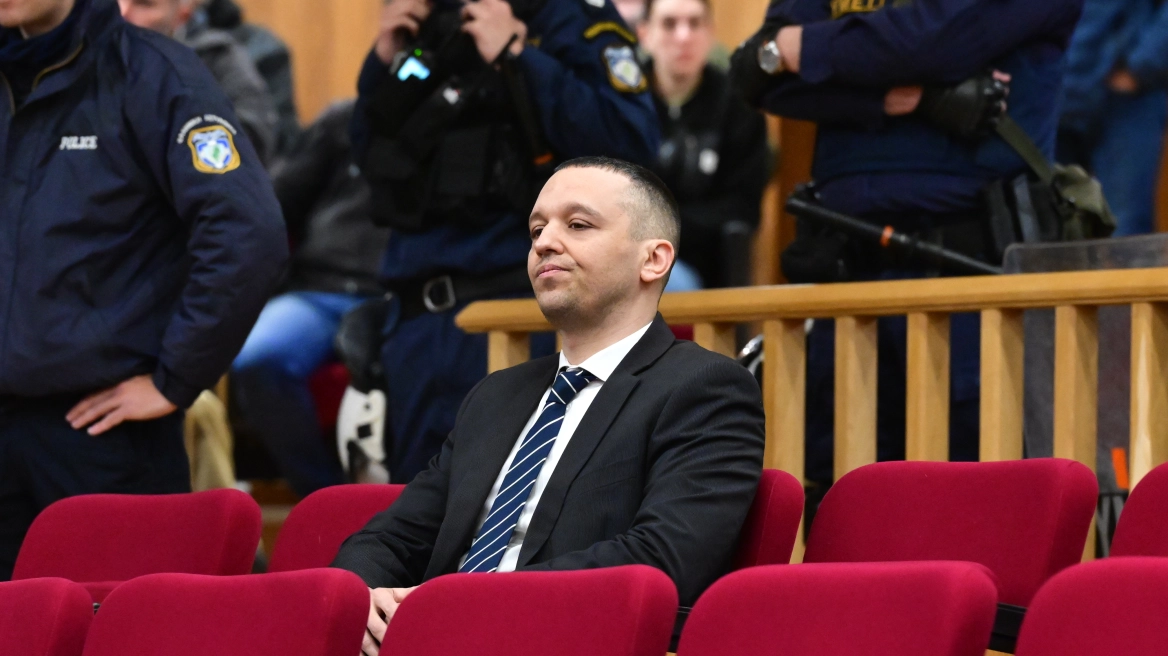During the Bronze Age, two important civilizations emerged in Greece: the Minoans and, later, the Mycenaeans. These ancient peoples were among the earliest of the so-called “high cultures” of Europe: they communicated with sophisticated writing systems, painted elaborate frescoes, and—in the case of the Mycenaeans—built fortifications so large that later Greeks believed the structures had been created by giants. As Megan Gannon reports for Live Science, researchers recently conducted an extensive genomic analysis of Minoan and Mycenaean DNA. Their findings suggest that the two groups shared common ancestry, and that they are genetically linked to the Greeks of today.
The study, published in the journal Nature, sought to unravel one of the enduring mysteries of classical scholarship. Although the Minoans and Mycenaeans left behind plenty of material evidence, archaeologists have long puzzled over the groups’ origins. Sir Arthur Evans, the archaeologist who found evidence of a distinct Minoan culture, believed that the group may have hailed from Egypt; others have suggested that the Mediterranean, Turkey, or Europe as more likely points of origin. The Myceneans have similarly confounded experts, as Louise Schofield writes in The Mycenaeans. Early researchers thought the culture was established by foreign invaders who spoke an early version of Greek. “However, more recent thinking tends to the view that it is too simplistic to think in terms of a single wave of Greek-speakers sweeping into the area,” according to Schofield.
China First Major Economy to Issue Digital Currency (infographic)
Additionally, traditional scholarship has posited that the Minoans and Mycenaeans were two distinct peoples, according to Phys.org. But the new study suggests that this might not be the case.
Researchers analyzed DNA samples from 19 Bronze Age individuals. Ann Gibbons of Science reports that the remains belonged to 10 Minoans from Crete, four Mycenaeans, and five people from other early Bronze Age cultures of Greece and Turkey. The team compared 1.2 million letters of genetic code from these individuals to the genomes of 334 people from other ancient cultures, along with those of 30 modern Greeks.
Read more: Smithsonian
Ask me anything
Explore related questions





